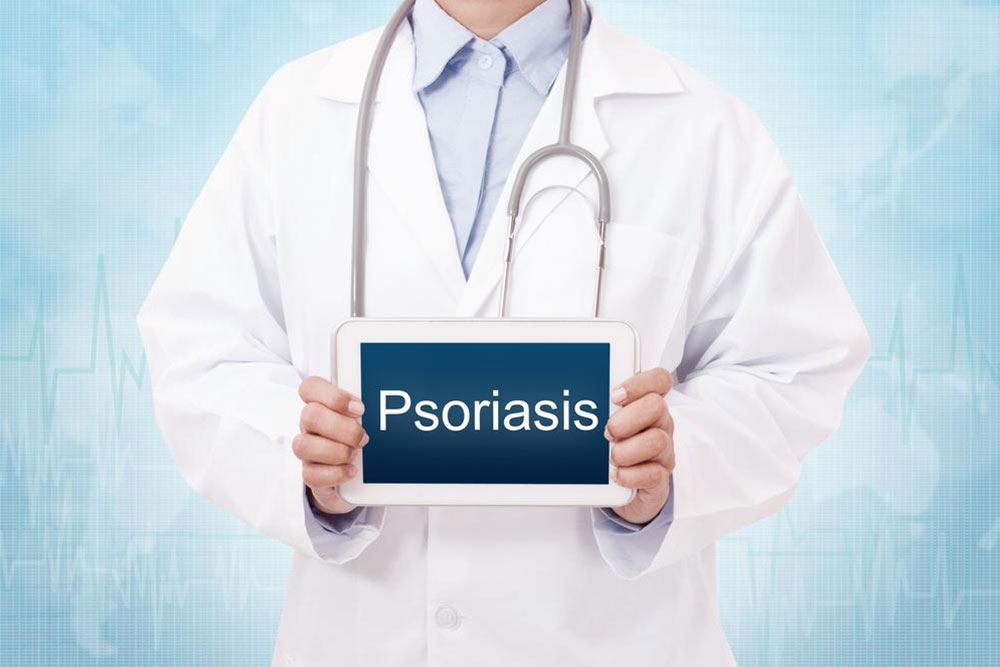Understanding Plaque Psoriasis: Key Facts You Should Know
Explore essential facts about plaque psoriasis, a common autoimmune skin condition. Learn about its causes, triggers, symptoms, and natural treatment options. Early diagnosis and proper management can help control symptoms effectively. Understand that it’s not contagious and discover practical remedies for mild cases. This guide provides valuable insights to better manage and live with plaque psoriasis, emphasizing the importance of medical consultation and healthy habits for optimal skin health.

Understanding Plaque Psoriasis: Key Facts You Should Know
Plaque psoriasis is a long-term skin condition characterized by raised, scaly patches that are often red and inflamed. It is an autoimmune disorder stemming from immune system dysfunction. Commonly affecting areas such as elbows, scalp, and knees, it can also appear elsewhere on the body. With approximately 2-3% of the population affected, plaque psoriasis is a prevalent dermatological issue.
Causes of Plaque Psoriasis
The precise cause remains uncertain.
Research indicates genetic mutations in multiple genes may predispose individuals, with environmental factors triggering the onset.
An autoimmune response causes the immune system to attack healthy skin cells.
Accelerated skin cell growth leads to thick, raised patches or plaques.
Triggers and Risk Factors
Environmental factors can activate psoriasis despite its autoimmune nature.
Injury or severe sunburn are common triggers that can initiate plaques.
Certain medications, such as those containing lithium or used for malaria, may also provoke symptoms.
Signs and Symptoms
Initial signs include small red bumps that merge into inflamed patches.
These patches are often itchy and sometimes flaky or scaly.
Size varies from tiny bumps to extensive areas of raised skin.
Symptoms tend to cycle, with flare-ups lasting weeks followed by remission periods.
Additional indicators include dry skin, joint swelling or stiffness, and thickened nails.
Natural Management Strategies
Mild cases may be managed with home remedies.
Severe conditions require medical intervention, complemented by home treatments.
Moisturizing regularly reduces dryness and irritation.
Epsom salt baths soothe inflamed skin and help eliminate flaky patches.
Sun exposure can promote healing, but caution is needed to avoid overexposure or burns.
Maintaining a healthy weight may help control symptoms.
It’s important to note that plaque psoriasis is not contagious. Early diagnosis and appropriate treatment, along with healthy habits, can effectively manage the disease.










